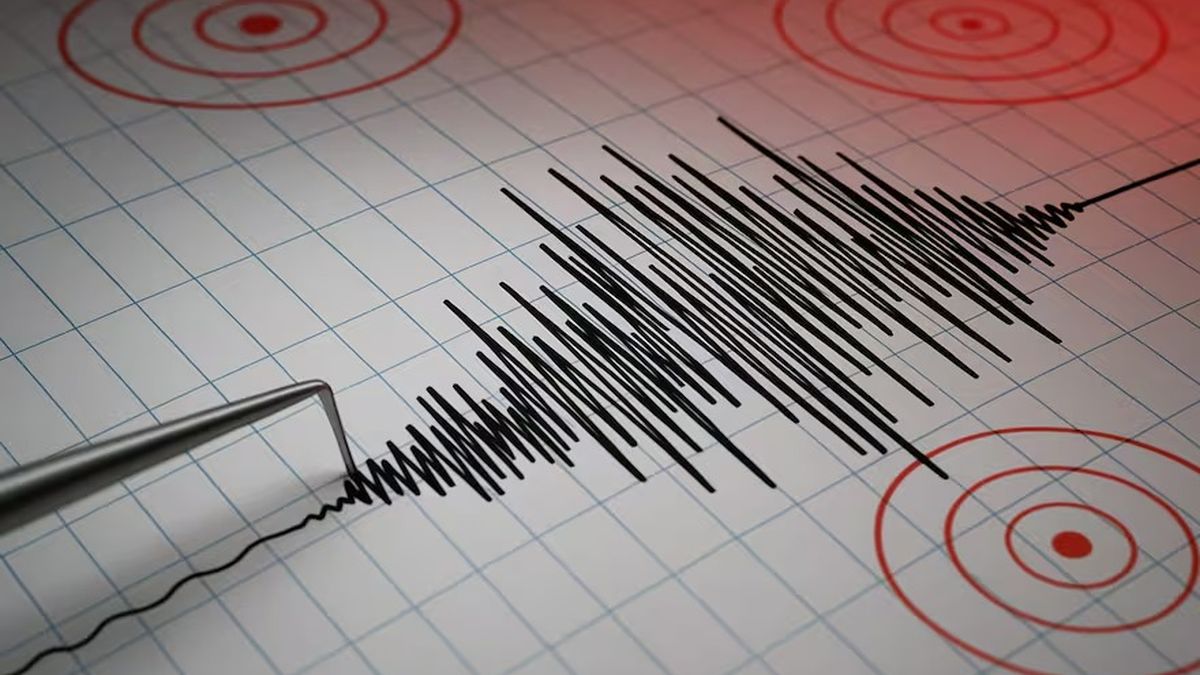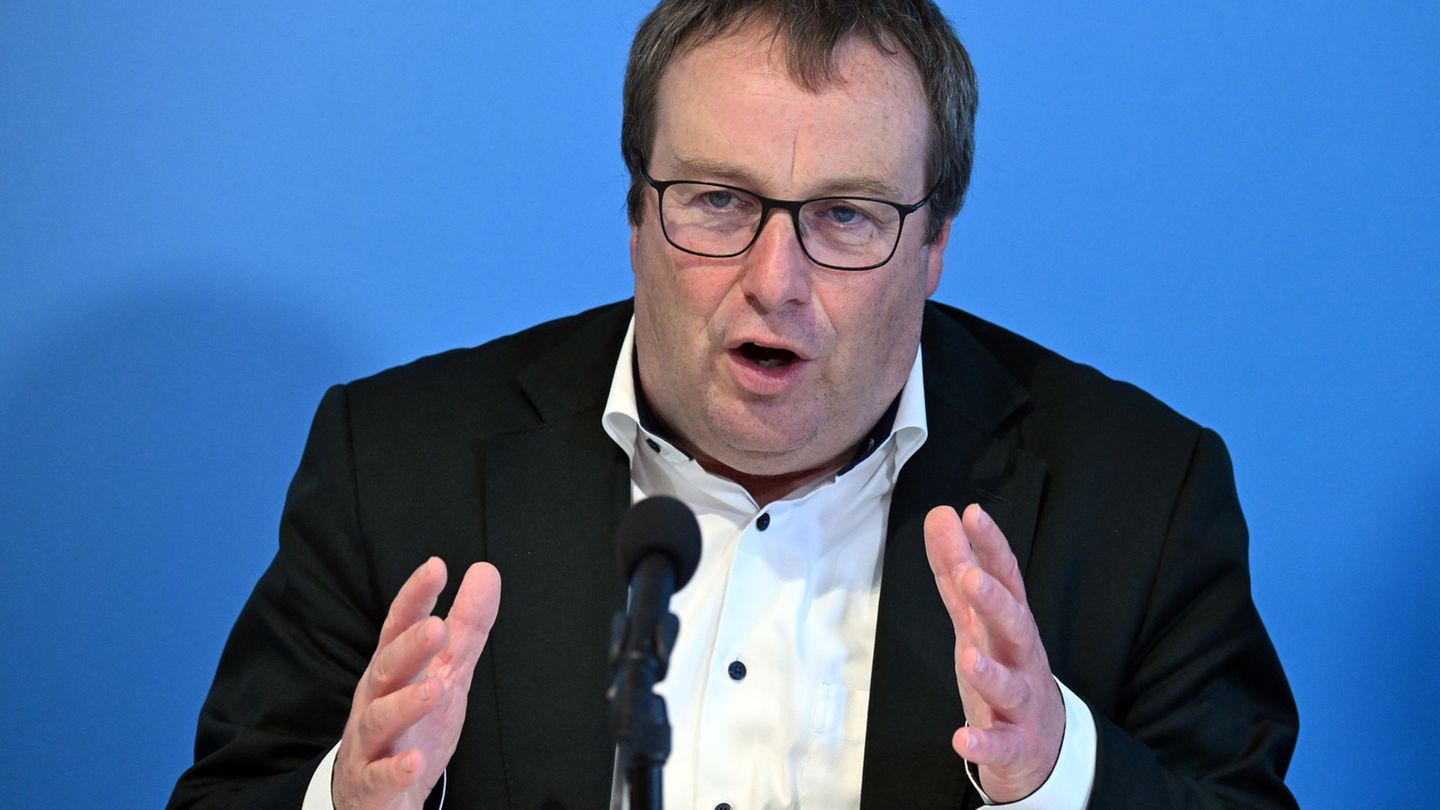Milagros Munuce, analyst of the network’s Climate Action Plans (PLAC), described to Télam the entity’s policies, in which “the need for awareness is always based” and “reducing superfluous energy consumption” as the first measure, before facing the process of incorporating renewable energies.
Regarding the distinction between the two indicated steps, Munuce maintained that the modifications of customs “have a greater impact and a lower cost.”
The representative of the network can cite several examples: “it has happened that auditors from the Ramcc visited municipal buildings that had the stoves on in the middle of summer, unnecessary overconsumption was also detected due to an inadequate installation of the electrical circuit, things that can be resolved as a step prior to the transition to other sources of generation”.
The work of the Ramcc transcended borders, to the point that 30 Argentine municipalities were recognized in June 2020 by the Global Covenant of Mayors for Climate and Energy (GCOM, according to its acronym in English), with the medals of Adaptation, Mitigation and Commitment.
“The numbers indicate that we are above the United States and the European Union,” highlighted Munuce, who in turn highlighted that of the 274 municipalities attached to the network, 63 already have their Climate Action Plan (PLAC) and 168 with their GHG inventories.
To these numbers can be added the acquisition of 3,333 LED lights for 25 municipalities in 2021, 111,252 trees planted in 1,208 municipalities so far this year and 7,088.39 tons of waste recovered in 27 municipalities, also in 2022.
With financing from the European Union, the project to promote “local green jobs” is developed through sustainable production models, with the generation of decent and inclusive work, of which there are 407 entrepreneurs in 58 municipalities.
Likewise, within the Euroclima+ program (also financed by the EU), the Ramcc presented, together with the National University of La Plata and the Copenhagen Energy Efficiency Center, the project “Energetically Sustainable Municipal Buildings”, with energy audits, technical training, tools support for efficiency in 32 municipal buildings in 13 provinces.
The proposals of the network and the responses of the municipalities are not uniform “because neither are the realities,” said Munuce, who clarified that on the one hand “some municipalities have more capacity and resources, with a good database, but smaller ones generally do not have a technical area dedicated to this subject and sometimes not even a person in charge; in cases like these, the Ramcc can be more useful,” he said.
Among the initiatives framed in the mitigation strategies, one of the most common is the assistance to the smallest municipalities for the change of public lighting for LED luminaires, for which a trust was constituted in 2018 to which 30 are currently adhered. municipalities and communes.
By 2022, the trust aims to mobilize funds for $162.5 million (115% more than in 2021), destined both for the acquisition of lights, solar panels and hot water tanks, and electric vehicles for public use.
Regarding the intervention in municipal public buildings, one of the main drawbacks lies in the fact that “in most cases they are palaces that are many years old and their structure cannot be altered, but it is always sought to verify the thermal envelope (openings, leaks, glass, weather stripping, etc.) and the electrical circuit,” Munuce said.
In the case of the construction of new buildings, advice is given on the design and orientation, as well as the use of materials (preferably double glazing) and the option of light colors for the walls (for the absorption of solar radiation), as well as the incorporation of vegetation in the walls and green roofs.
The gender perspective – with assistance to female-headed households – offered a pleasant surprise to the members of the network, since “although it is an optional proposal, all the municipalities, without exception, decided to incorporate it,” he stressed.
Source: Ambito
David William is a talented author who has made a name for himself in the world of writing. He is a professional author who writes on a wide range of topics, from general interest to opinion news. David is currently working as a writer at 24 hours worlds where he brings his unique perspective and in-depth research to his articles, making them both informative and engaging.




